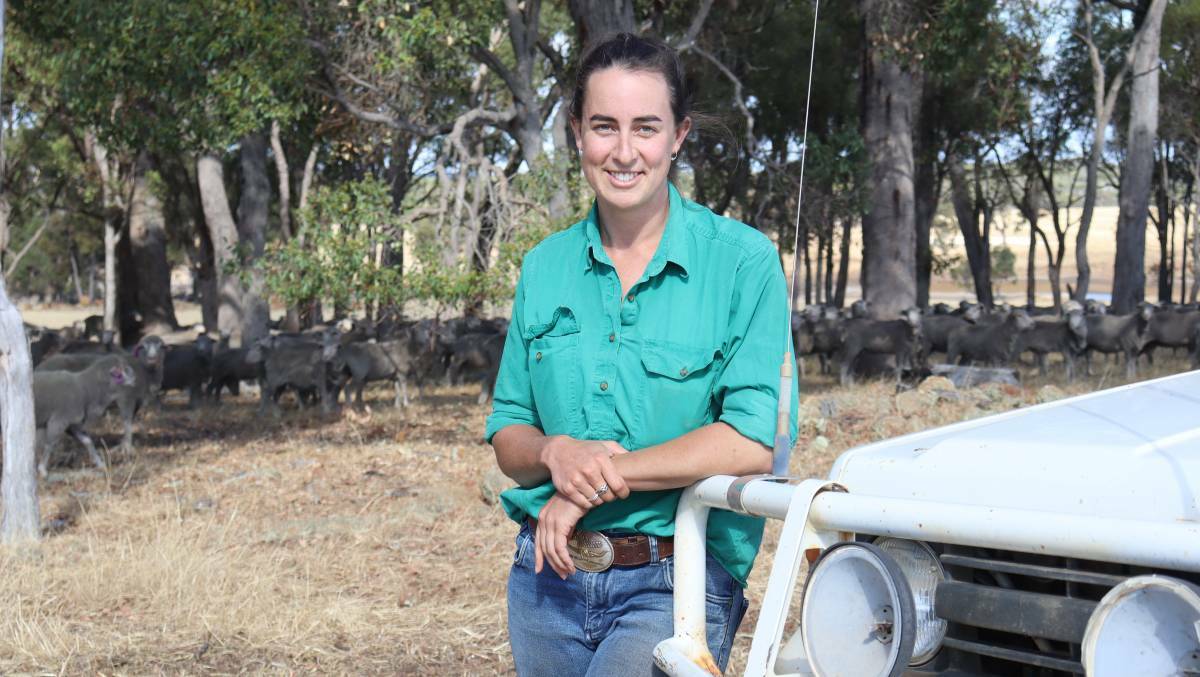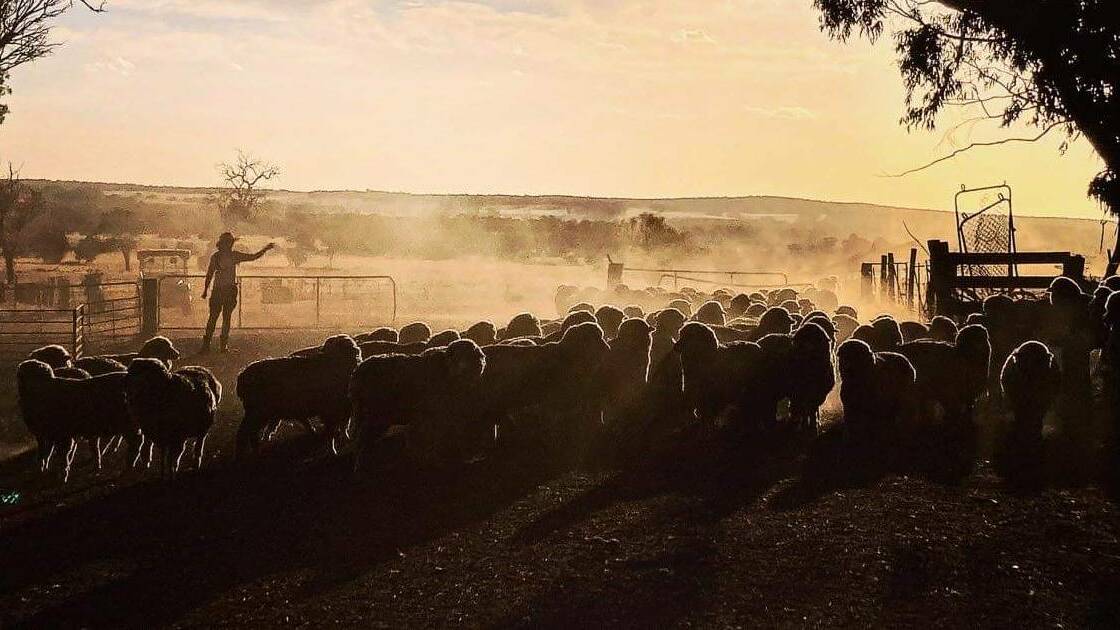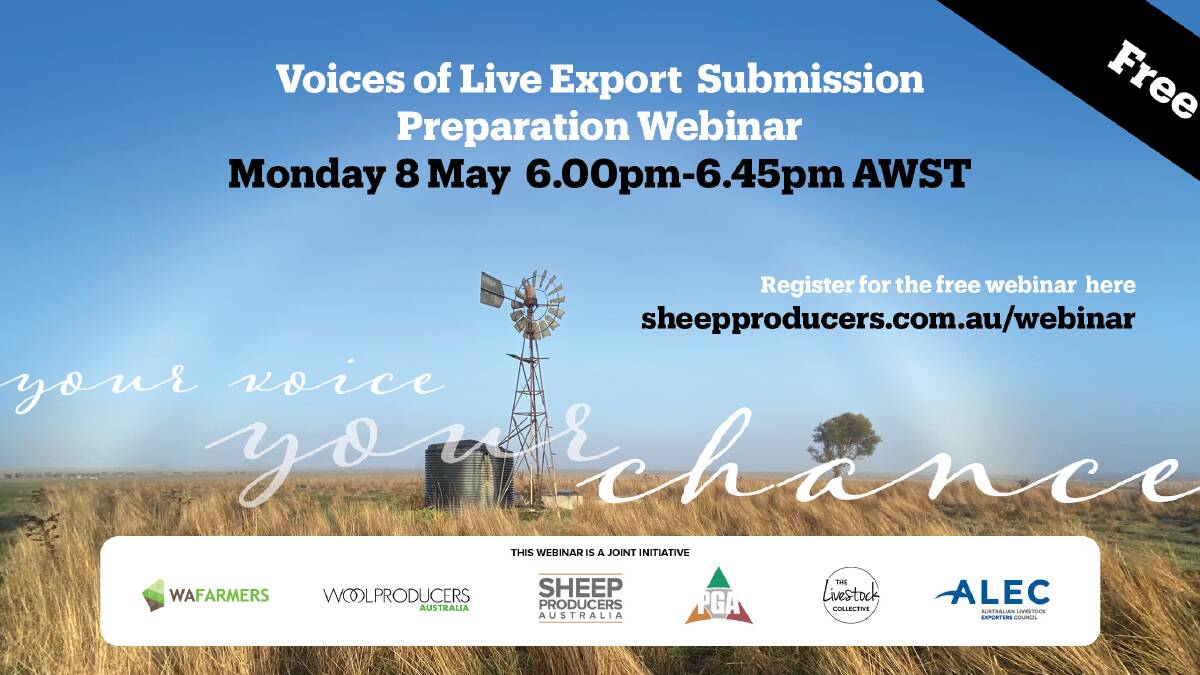
A DARK cloud of uncertainty hangs heavy over Western Australia's sheep industry.
Staring at the prospect of a future without the live export sheep trade is a bitter pill to swallow.
Lack of clarity around the Federal government's proposed phase-out and its timeline has left many producers on edge.
If the ban goes ahead, management decisions in sheep production - including genetics, farming systems and labour - all need to be made now.
And it's not just the livelihoods of producers at risk, the impact is set to flow-on through rural-regional communities and the wider agricultural sector.
Stock agents, shearers, transporters, contractors, graingrowers, veterinarians, small business owners and even sporting clubs could share the hurt.
At last month's independent panel public meetings held across regional WA, the toll that entirely phasing out the trade would have on mental health was flagged as one of the biggest concerns among producers.
So with all the talk on animal welfare - despite Australia having some of the highest standards in the world - you have to ask has human welfare been considered in all of this?
For Kojonup sheep farmer Emily Stretch anxieties of the unknown have only added to pre-existing pressures.
Over the past few years, the 30-year-old has worked through severe labour shortages, limited processing and live export space, higher inputs and tightened budgets.
She likened the feeling to standing under a gazebo while it had been raining.
"The gazebo has a big puddle in it and I don't know which added pressure is going to dump the entire thing on top of my head," Ms Stretch said.
Farming at her family's Wandoora property, Ms Stretch runs 10,000 to 18,000 Merinos in any year.
More than two decades ago, her father Digby was staring down the barrel of a somewhat similar situation - in a different industry.
The sheep's back broke when the Australian Wool Reserve Price Scheme collapsed and producers were left to count the cost.
Having survived - and with the family farm standing to run the numbers it is today - Mr Stretch wanted his daughter to stay optimistic about the future.
"I'll pull out the budget from the wool market crash in 1992, and show you what it looked like," Mr Stretch said.
"We will be standing at the end of this - it might not be pretty, but we will get through it."
Despite his efforts, the uncertainty and having no clear sense of direction is what Ms Stretch has struggled with most.
"I'm talking about the worst-case scenario here, but we could see meat markets, long-standing studs and wool supply in WA completely disappear," she said.
"It's as long as it is wide."
In addition to this, the risk of losing a $136 million-dollar industry - and the thousands of jobs directly and indirectly linked to it - could decimate rural communities.
Ms Stretch feared some of WA's smaller towns may fold because they couldn't sustain the population getting any smaller.
"The livestock industries need labour onfarm every day of the year to ensure animals are cared for," she said.
"If those labour units aren't required the rural populations will become far less permanent.
"You look at places where they have sporting clubs across two different localities - all of a sudden they may not exist anymore, which is heartbreaking because those little communities are at the core of rural Australia."

If the population was to diminish, small businesses and sporting clubs - that keep rural-regional WA thriving - may be forced to shut down.
As a result of this, feelings of isolation, stress and depression could significantly heighten.
Already the mental health system is fragmented with alarming wait times and general practitioners and professionals working at peak capacity.
This means it is now more important than ever for people to reach out and ask their mates the potentially life-changing question: "Are you OK?"
Ms Stretch said when you are isolated onfarm, it was easy to spiral further downwards and not ask others if they are feeling the same.
She is concerned that limited access to services may deter people from reaching out for help when they needed it most.
"Mounting pressure could be put on friends and family, who don't necessarily have the skills or training, to make sure nobody falls through the cracks," Ms Stretch said.
"It gives me goosebumps thinking about it - banning live export would not improve animal welfare or any Australian's quality of life.
"A huge demographic is being impacted by all the uncertainty that's going on at the moment.
"I've heard of older livestock agents reaching out to younger livestock agents because they haven't actually experienced turmoil like this before.
"There is going to be a subset of people that aren't particularly good at reaching out for help, but also might not have ever been in a position where they've had to - this is not something you can shoulder on your own."
READ MORE:
For many people, unity, togetherness and solidarity has provided a light in this dark time.
What cannot be denied - and what has been proven time and time again - is rural communities are stronger together.
With that people are able to tackle the tough and unexpected times.
This was shown at the public panel meetings and through important conversations, which have continued on social media.
These past few weeks, Ms Stretch found a positive change in the confidence level in WA agriculture.
She said the huge momentum shift was off the back of the meetings, where locals sat together and said, "we are all in this together and together we can make a difference".
Ms Stretch said it was uplifting, galvanising and gave her the confidence to say, 'we can make them reverse this'.
"It's easier to bear the weight of all of this uncertainty when you can share your fears with other people, because they have the same fears," she said.
"Knowing you're not alone is so strong."
Now Ms Stretch is urging producers to join her and others in speaking up anywhere they can - whether it be online or in a letter to Federal Agriculture Minister Murray Watt - for the reversal of the live export phase-out policy.
"'Are you OK?' and 'Speak even if your voice shakes' are two phrases that go hand-in-hand with our mental health," she said.
"Please share your story of how this ban is making you 'not OK' even if your voice shakes while you do it."

A potentially life-saving question
WATHEROO farmer Bradley Millsteed urged people to take the time to ask: Are you OK?
Mr Millsteed said while we can't control the Federal government's decision, we can control how we react to it.
"Include others in your thoughts even though you won't want to because they are facing the same battle we all are," he said.
"The sharing of ideas on how we are going to counter this is vital for some to survive this themselves personally and financially.
"Please gather around, please don't assume that someone or everyone is OK."
Mr Millsteed said it was important to connect communities through conversation.
"Use the 6Bs or any support line that you need to," he said.
"Please reach out if you need that help, there's no shame in that, it's not weak to speak."
Mental health at risk
NARROGIN semi-retired farmer Don Thomson said there were enough mental health issues in the bush at the moment and losing the live sheep trade would only exacerbate this.
"If people can't get into a GP for a reference to see a professional when you need to, then you'd be sent to the emergency department," Mr Thomson said.
"Here in Narrogin, that place is full."
"There is a ripple effect that is going to pertain at probably four times the number of people likely to lose their jobs.
"It is going to go through the whole system."

If you need someone to talk to, you can contact:
- Lifeline: 13 11 14
- Beyond Blue: 1300 224 636
- Suicide Call Back Service: 1300 659 467
- Mental Health Emergency Response Line: 1300 555 788 (Perth) 1800 676 822 (Peel)
- Headspace: 1800 650 890
- MensLine Australia: 1300 789 978


